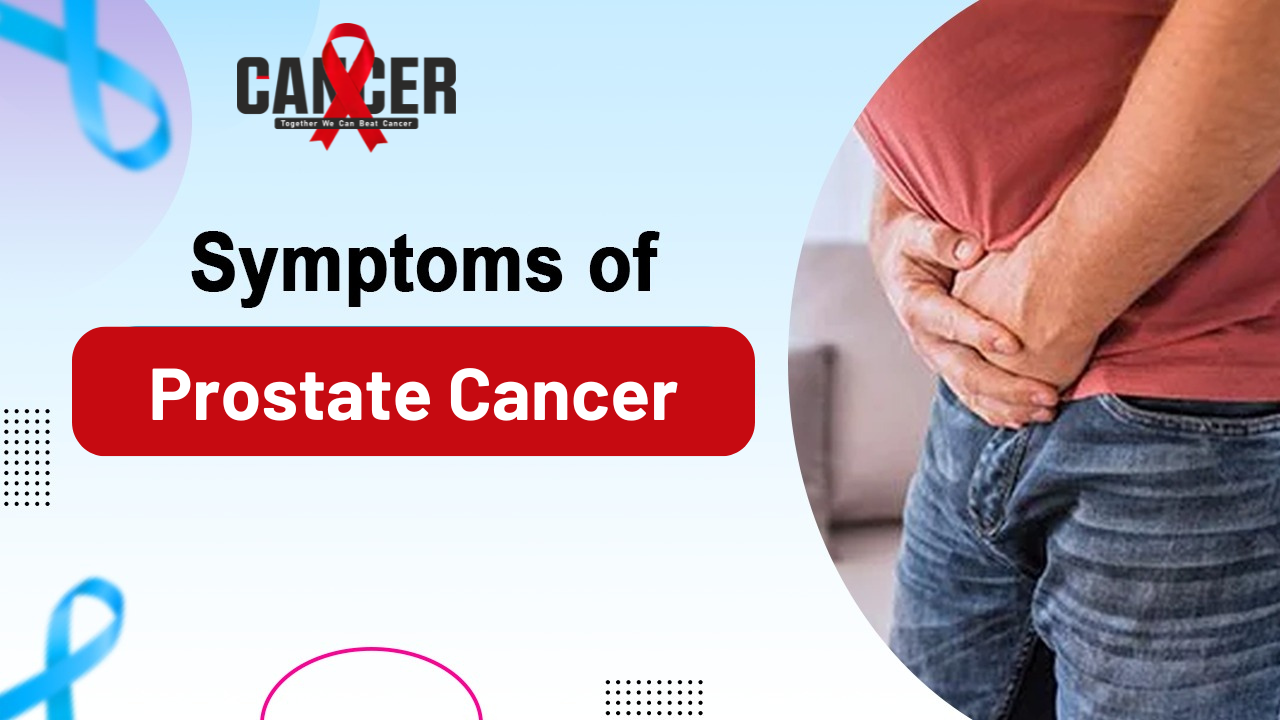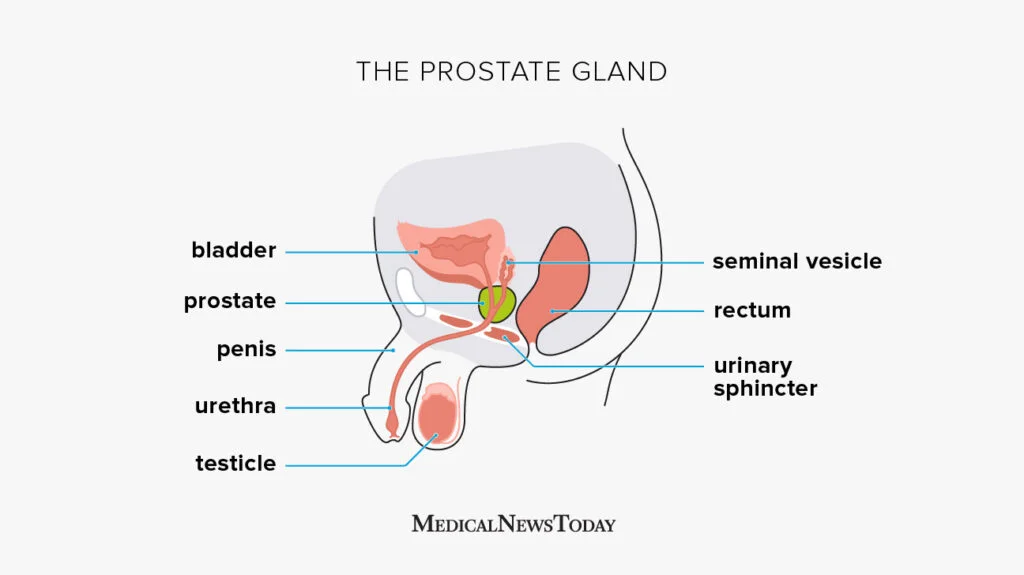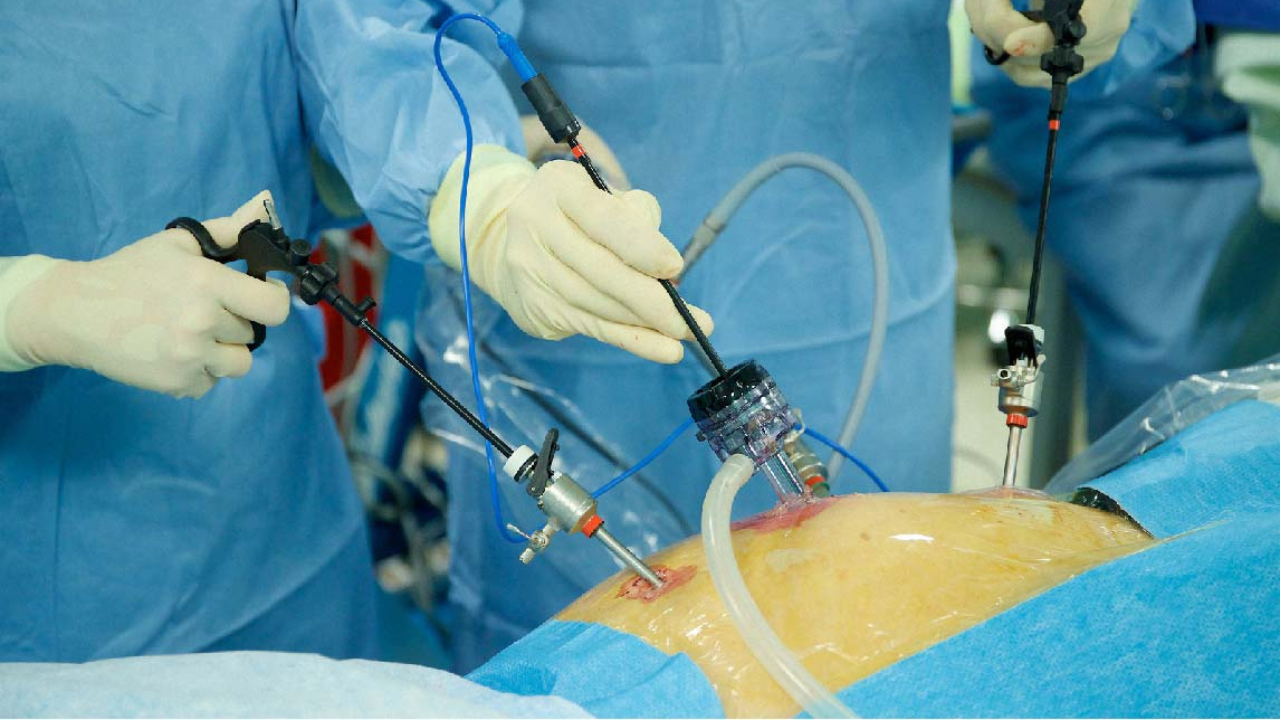Symptoms of Prostate Cancer – A Guide by Dr. Vijay Jagad (Max Hospital, Bathinda)
Symptoms of Prostate Cancer – A Guide by Dr. Vijay Jagad (Max Hospital, Bathinda)

Prostate cancer is the most common cancer in men, particularly over the age of 50. It develops in the prostate gland, a walnut-sized gland located just below the bladder, responsible for producing seminal fluid.
At Max Hospital, Bathinda, Dr. Vijay Jagad emphasizes the importance of early awareness and regular screening for prostate cancer—especially since it can develop silently over many years without noticeable symptoms.
What is the Prostate?
The prostate is part of the male reproductive system. It surrounds the urethra (the tube that carries urine out of the body) and plays a key role in producing fluid for semen. As men age, the prostate can enlarge, sometimes leading to urinary problems—but not all prostate issues are cancer.

Early-Stage Prostate Cancer Symptoms
In many cases, early-stage prostate cancer does not cause any symptoms. That’s why routine screening (like PSA blood tests) is vital for early detection.
The best way to detect prostate cancer includes:
- Digital Rectal Examination (DRE) – A physician may feel a hard nodule or irregularity in the prostate, which can be further investigated with a biopsy.
- Serum PSA (Prostate-Specific Antigen) – PSA levels are often elevated in prostate cancer. A PSA level above 4 ng/ml may warrant further evaluation.
Common Symptoms of Prostate Cancer
As prostate cancer grows or becomes more aggressive, it may cause symptoms, such as:
Frequent urination, especially at night
Urgency to urinate
Difficulty starting or stopping urination
Weak or interrupted urine flow
Burning or pain during urination
Blood in the urine or semen
Advanced Prostate Cancer Symptoms
If the cancer has spread (metastasized), additional symptoms may include:
Lower back pain
Pain in the hips, pelvis, or thighs
Bone pain or tenderness
Unexplained weight loss or fatigue
When to See a Doctor
If you’re experiencing any of the above symptoms, it’s important not to ignore them. These signs could be caused by other conditions, but they should be evaluated by a specialist. Dr. Vijay Jagad at Max Hospital, Bathinda offers expert consultation and comprehensive diagnostic services to help you stay informed and protected.
📞 To book an appointment or learn more, visit drvijayjagad.com or contact Max Hospital Bathinda today.
You May Also Like
Laparoscopic Cancer Surgery: A Minimally Invasive Breakthrough in Oncologic Care Laparoscopic Cancer Surgery: A Minimally …
Early signs of thyroid cancer- by Dr. Vijay Jagad Early signs of thyroid cancer- by …
Understanding Colon Cancer: Symptoms, Causes, and Diagnosis Understanding Colon Cancer: Symptoms, Causes, and Diagnosis Updated …



